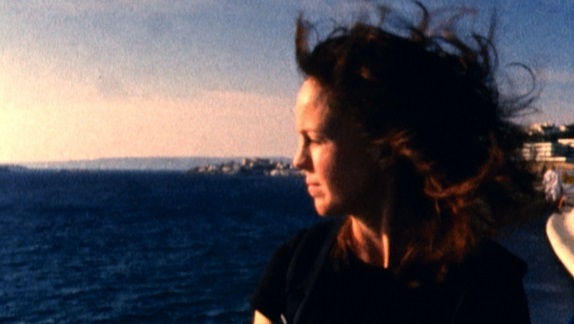In the autofiction essay film Belleville Baby, acclaimed documentary filmmaker Mia Engberg receives a call from her ex-boyfriend Vincent. They met at a party in Paris, moved in together – and suddenly he disappeared from her life. Ten years later he’s served a long sentence in prison and wants to compare memories of the past.
The film premiered at the 2013 Berlinale and received a Guldbagge Award for Best Documentary. Now, four years later, an unexpected sequel is in the making. Engberg’s feature film debut Lucky is partly set in Paris and features Vincent as the main character. He’s now an ageing gangster whose life is turned upside down when he has to take care of his teenage daughter Grace.
“On a deeper level, Lucky is about the difficulty of keeping your humanity in a violent and patriarchal structure. The criminal world is in many ways a distorting mirror of our society, where money and power rules.”
Lucky is the second film in a planned trilogy featuring Vincent. The whole trilogy balances between documentary and fiction, as Engberg “strives to move away from the traditional film narrative”.
“Maybe it was just the title and the reference to the format I used so heavily in Belleville Baby, but I came to think of Little Jinder’s pop track ‘Super 8’. Translated, it goes ‘I want to rewind/Super 8/We need a happier ending’.”
Are you trying to give Vincent a happier ending?
“For me, filming has always been about preserving something that would otherwise get lost. About freezing time, fighting against death. Every story has its own style and form. Belleville Baby was about the past, and I was looking for a certain type of archetypal memories. Like a tree, a cat, an ocean. That worked well with Super 8. Lucky is set in modern-day Paris and will have a completely different visual approach. And as for Vincent, well… I can’t promise a happy ending.”
Previously published: Swedish Film # 1 2017
